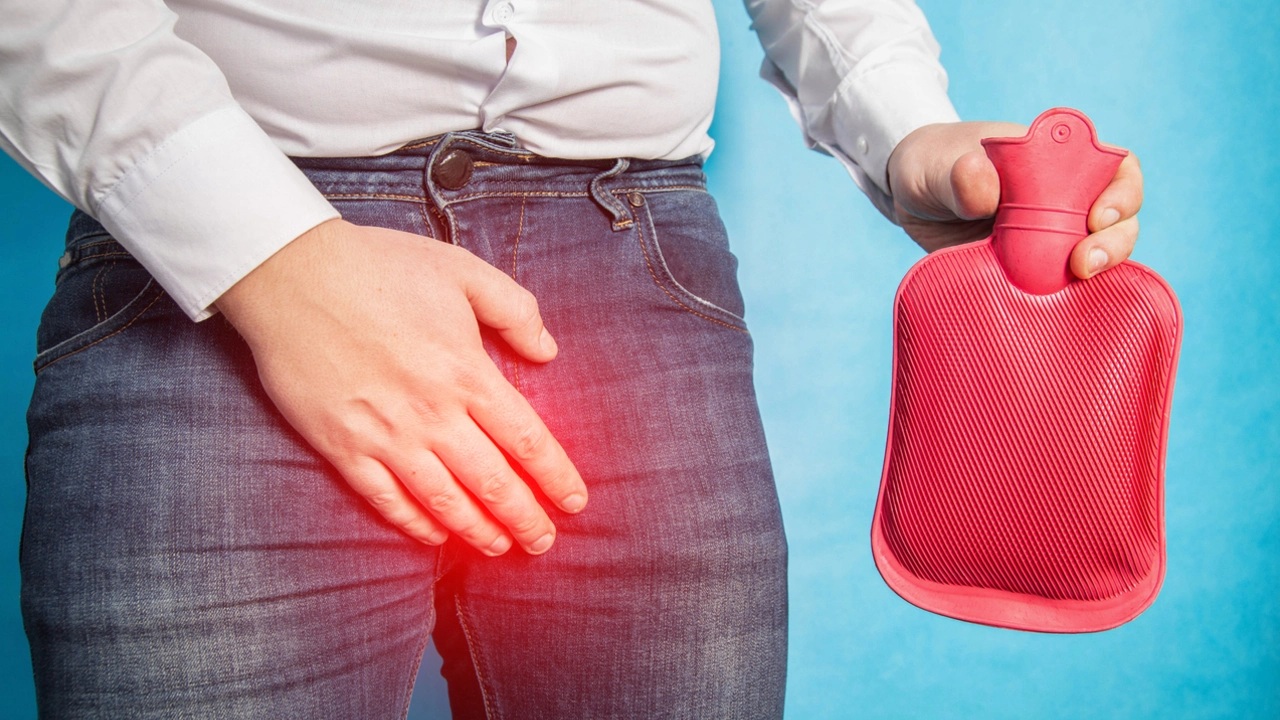Nocturia Management
Wake up to pee more than once most nights? That’s nocturia — and it can wreck sleep, mood, and energy. The good news: you can often cut down on nighttime trips with a few simple changes and the right medical help when needed.
Simple self-care steps that actually work
Start with a bladder diary. Track what you drink, when you drink it, and what time you get up to urinate for 3 days. That tells you if the problem is too much fluid at night, small bladder capacity, or another issue.
Tweak your fluid plan. Sip more during the morning and afternoon and cut back in the 2–4 hours before bed. That includes water, tea, coffee, and alcohol — alcohol makes you pee more and messes with sleep.
Watch salt and evening meals. Large dinners or salty snacks can cause your body to retain fluid during the day and release it at night. Try a lighter, lower-salt evening meal and see if nights get better.
Move diuretics earlier. If you take a water pill, ask your doctor about switching morning dosing to avoid peak effect overnight. Do not change meds on your own.
Strengthen the pelvic floor and train your bladder. Kegel-type exercises and gradually increasing the time between bathroom visits during the day can boost capacity and reduce urgency at night.
Check sleep and breathing. Loud snoring or daytime tiredness could mean sleep apnea, which often causes nocturia. Treating sleep apnea can cut nighttime urination for many people.
When to see a doctor and common medical options
See your provider if nocturia wakes you two or more times nightly, if it started suddenly, or if you also have pain, blood in the urine, fever, swelling, or weight changes. These can signal infections, prostate issues, heart failure, diabetes, or kidney problems.
Bring your bladder diary and list of meds. Your doctor may order blood tests, a urine test, or check for diabetes or low sodium. They’ll also review medicines that increase urine output.
Treatments depend on the cause. If you make too much urine at night (nocturnal polyuria), a medicine called desmopressin can help by reducing nighttime urine production, but it needs monitoring because it can lower blood sodium, especially in older adults. For overactive bladder or urgency, drugs like antimuscarinics or mirabegron may reduce leaks and nighttime trips. If an enlarged prostate is the cause, alpha-blockers or other prostate treatments are options.
Simple fixes often help a lot. Small changes—timing fluids, cutting alcohol, pelvic exercises, and checking meds—give many people better sleep. If self-care doesn’t work or the problem looks medical, get evaluated. A few tests and a clear plan can save you nights of interrupted sleep.
Want links to step-by-step bladder diaries and sleep-friendly fluid plans? Check local patient guides or ask your clinic for printed tools you can use tonight.

